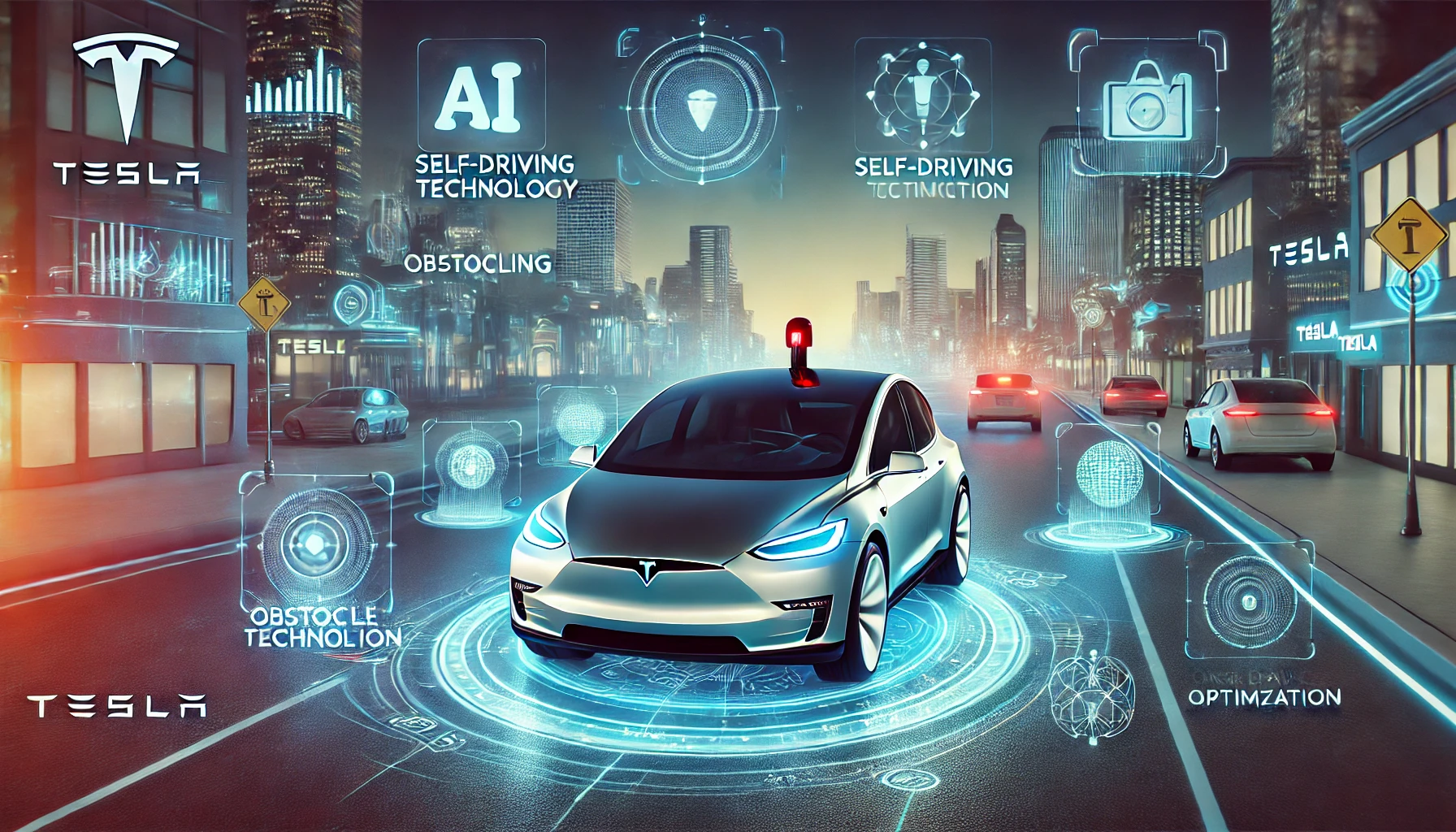Google’s Quantum Computing Leap: A Step Closer to Supremacy
🔬 Introduction: A New Dawn for Quantum Computing
Google has made a significant breakthrough in quantum computing, bringing us one step closer to achieving quantum supremacy. Their latest quantum processor has demonstrated unprecedented computational capabilities, surpassing classical supercomputers in solving complex problems.
⚛️ What is Quantum Computing?
Quantum computing leverages the principles of quantum mechanics, such as superposition and entanglement, to perform calculations at speeds unimaginable with traditional computers. Unlike classical bits, quantum bits (qubits) can exist in multiple states simultaneously, drastically increasing computational power.
🚀 Google’s Latest Breakthrough
Google’s new Sycamore X processor has reportedly solved a problem in seconds that would take the world’s fastest supercomputer millions of years to compute. This advancement pushes the boundaries of what was previously thought possible in computing.
📊 Performance Comparison: Quantum vs. Classical Computing
Benchmarks reveal that Google’s quantum processor outperformed traditional supercomputers in:
- Optimization problems – Finding solutions for logistical, financial, and AI-driven challenges.
- Cryptographic calculations – Potentially revolutionizing data encryption and cybersecurity.
- Molecular simulations – Accelerating drug discovery and material science research.
🔐 Security Implications of Quantum Computing
With quantum computing advancing rapidly, current encryption methods could become obsolete. Google, along with other tech giants, is actively researching post-quantum cryptography to develop new security measures that can withstand quantum-based attacks.
🌍 Real-World Applications of Quantum Computing
Quantum computing holds promise in various industries, including:
- Healthcare – Faster drug discovery and genome analysis.
- Finance – Enhanced risk assessment and fraud detection.
- Artificial Intelligence – Optimizing AI models for better decision-making.
- Climate Science – Advanced simulations for predicting climate change patterns.
⚠️ Challenges and Roadblocks
Despite the progress, quantum computing faces significant hurdles:
- Qubit Stability – Quantum states are fragile and require extreme cooling.
- Error Correction – Quantum computers are prone to errors, necessitating complex correction algorithms.
- Scalability – Increasing qubit counts while maintaining coherence remains a major challenge.
🔮 The Future of Quantum Supremacy
Google’s breakthrough signals a new era of computing, but true quantum supremacy is still years away. Scientists are working on making quantum computers more stable, accessible, and commercially viable for everyday applications.
🎯 Conclusion: A Technological Revolution in the Making
Google’s latest leap in quantum computing marks a pivotal moment in technological history. While challenges remain, the potential benefits of quantum computing could reshape industries and redefine our understanding of computation. The race for quantum supremacy is on, and Google is leading the charge!



